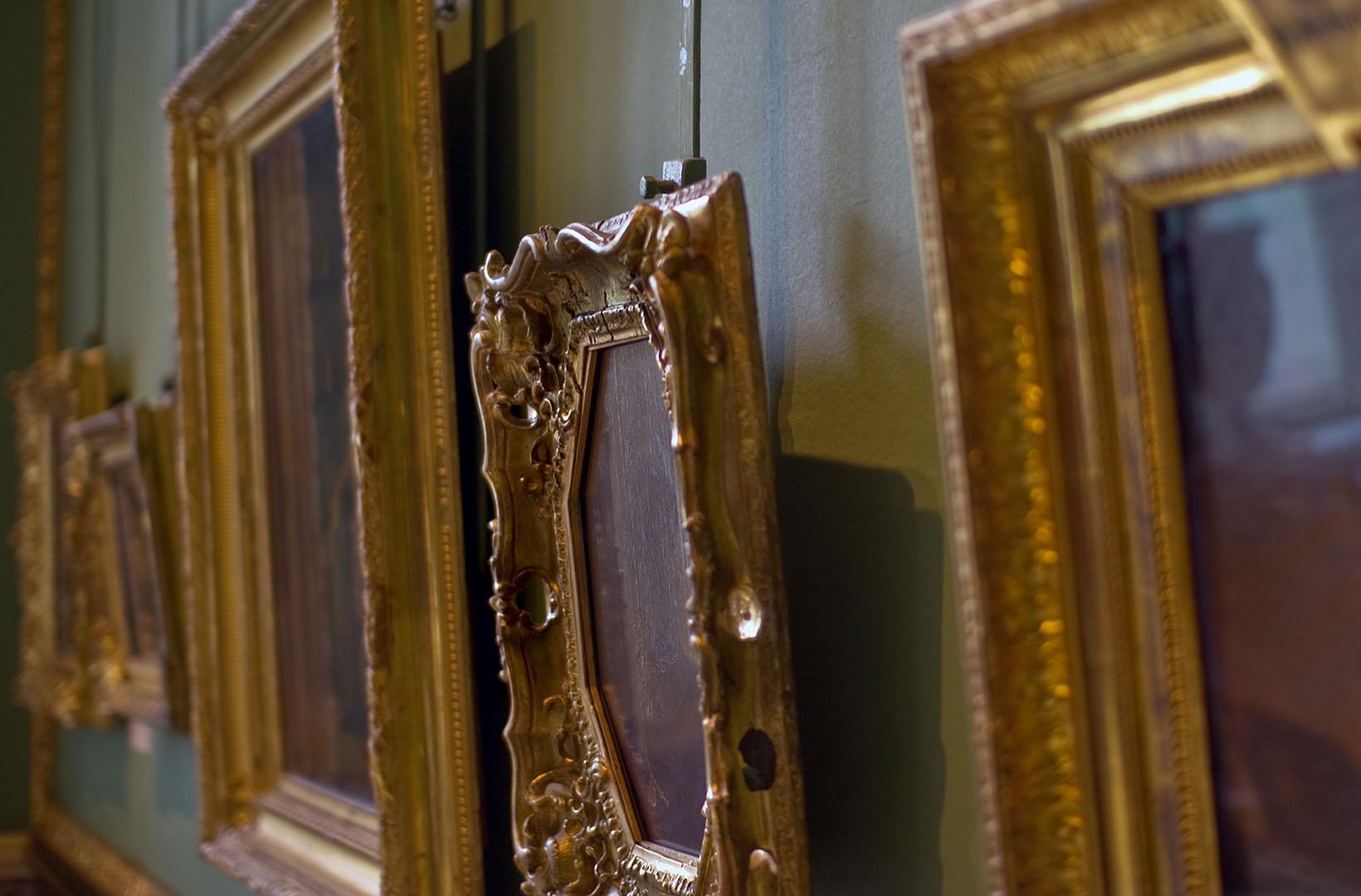Funding opportunities
Looking for funding for to help your organisation grow? Here's where we'll round up the latest grants, commissions and other funding opportunities for arts, culture and heritage.
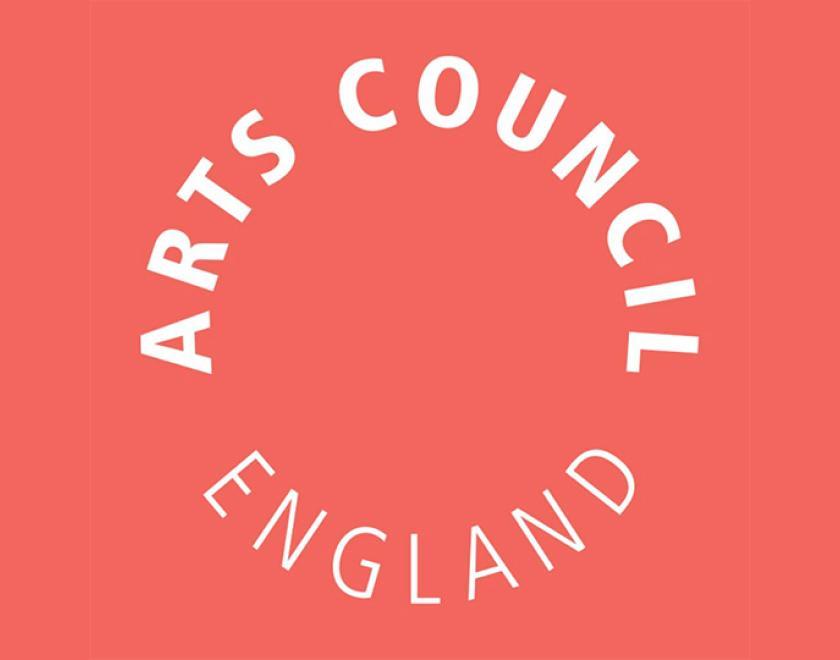
England Grassroots Music Projects Invited to Apply for Funding
Arts Council England is offering grants to support organisations working within the grassroots music sector. The funding aims to help artists, bands and music professionals build sustainable careers while developing new audiences.
The Supporting Grassroots Music programme is delivered jointly by Arts Council England and the Department for Culture, Media and Sport. It provides financial support for a range of organisations including live music venues, rehearsal and recording studios, festivals, promoters and sector bodies.
Grants of between £1,000 and £40,000 are available. Projects may run for up to three years and must include some element of live programming or participatory activity that benefits grassroots artists or professionals. Eligible costs include artist and audience development, live programming, infrastructure improvements, touring networks and testing new approaches.
Applicants are expected to contribute at least 10% of total project costs from other sources. This may be through their own contribution, such as ticket income, or in-kind support from partners.
This is a rolling programme; should an application be received after a monthly deadline it will be automatically entered into the next round.

Repayable Finance to Support UK’s Arts, Culture and Heritage Organisations
The world’s biggest social impact investment fund for the creative arts is offering secured and unsecured finance up to £1 million to socially driven arts, culture and heritage organisations registered and operating in the UK.
Organisations who want to acquire new assets, improve built infrastructure, develop new ventures or scale up existing revenue streams can apply now.
The Fund offers repayable finance between £150,000 and £1 million with a repayment term until May 2032 and interest rates ranging between 3% and 8.5%.
The following fees apply:
- 1% completion fee
- 2% per annum, pro rata holding fee (minimum holding period is six months)
- No early repayment fee.
Eligible organisations must:
- Be registered and operating in the UK. Digital organisations will need to demonstrate their primary audiences are based in the UK.
- Have core operations or primary activity in the arts, culture and heritage.
- Have a clear social mission, reflected in its structure and governance.
- Be able to demonstrate measurable social impact on individuals or communities in the UK.
And work in one of the following disciplines:
- Architecture
- Combined arts
- Crafts
- Culture and heritage in the natural environment
- Dance
- Fashion design and textiles
- Film
- Graphic design
- Heritage
- Libraries and archives
- Literature
- Museums
- Music
- Sector support organisation
- Theatre and performance
- Visual arts
- Workspace provider
Applications are currently being accepted.
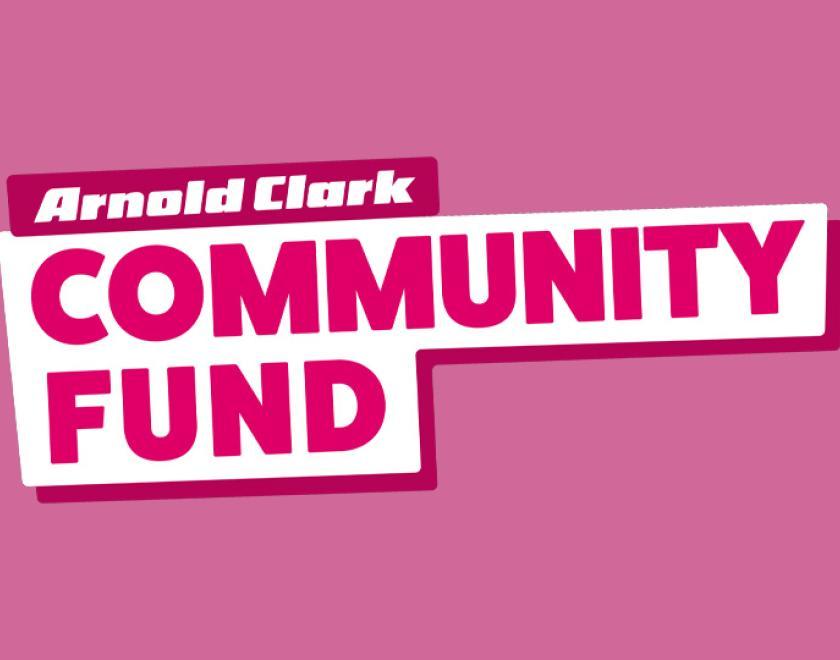
Arnold Clark’s Communities Support Fund Accepting UK Applications
Arnold Clark, the UK’s largest independently owned, family-run car retailer, has been offering grants to communities in the areas in which it operates since 2021.
UK registered charities and community groups who provide services that are widely accessible to their local community and are located within a 50-mile radius of an Arnold Clark branch can apply now for a Community Support grant of up to £1,000. Preference is given to smaller voluntary and community organisations.
The funding must be used for charitable or community purposes that address at least one of the following categories:
- Pet welfare (to help cover costs for pet bills, animal shelters, therapy animals - reviewed on case by case basis.
- Arts and culture (music, books, art and theatre groups looking for money for transport, resources, venue hire, and special licences at arts and culture.
- Community enhancement (enhancing community, defib installation and replacements, play parks, community gardens, community galas and events).
- Disability (sensory group resources, equipment and adaptations, this could be from groups or hospitals, trips for disability groups).
- Educational training / advancement (extra resources for a PTA, school/education fayre/gala, uniform poverty. Extra curriculum resources).
- Sustainability enhancements / projects (community clean-ups, recycling programmes, urban gardening, eco-friendly initiatives).
- Mental health support (local support groups, networks end events that focus on mental wellbeing support).
- Relief support organisations (emergency service aid, cancer or illness support groups).
- Equality and diversity (programmes that promote equal access and opportunity, address discrimination and inequality and foster community cohesion).
- Youth clubs and groups, such as Brownies, Scouts, Guides, Sea Cadets, Cubs, amateur sports teams, dance groups and gymnastics can apply for up to £750 for community trips, club costs materials, venue hire, transport.
There are no deadlines for applications; however, groups are encouraged to apply as early as they can as applications could be paused due to high demand.
Applications are currently being accepted.
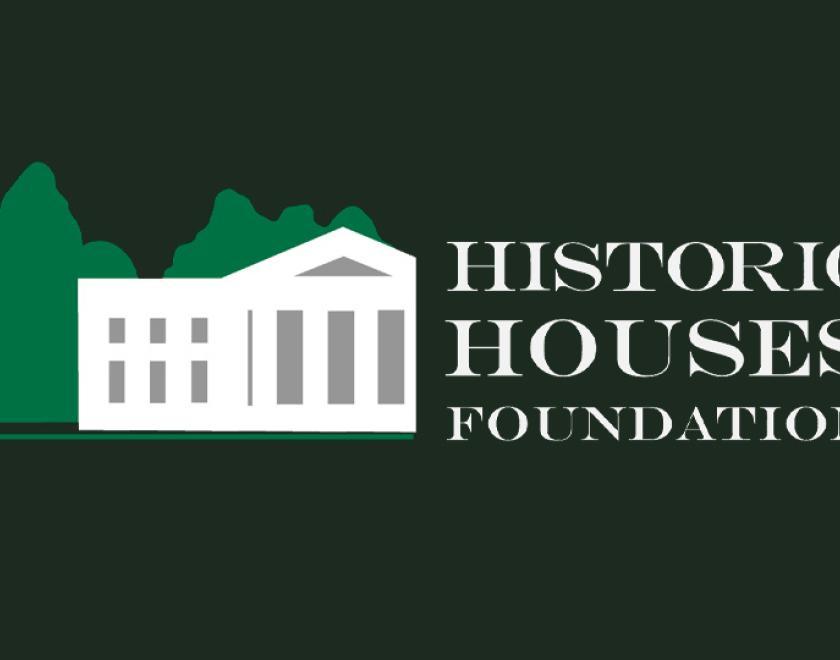
Funding Available for the Conservation of Historic Buildings Across England and Wales
Grants of up to £250,000 are available for organisations across England and Wales to support the preservation of heritage buildings and structures of architectural significance, particularly historic country houses, including their gardens, grounds, and works of art within them.
Historic Houses Foundation will support projects that can show that:
- There is a compelling need for the work undertaken to be done within the next two to three years.
- The project will enhance the historic environment.
- There will be appropriate public access.
- There is a financial need for the grant.
- The project can proceed within a reasonable timeframe.
- The project is sustainable, with a suitable conservation and/or business plan in place.
- The building or structure is listed.
- The structure is rural, either in the countryside or where it has been overtaken by urban or suburban development.
Organisations legally responsible for repairing a historic building, garden, and grounds can apply.
The Foundation typically expects the applicant to own the building or estate, hold a full repairing lease with a term of at least 20 years to run, or be able to demonstrate a legally binding agreement to acquire such a building or estate.
Grants of between £1,000 and £250,000 are available. Most grants are for less than £50,000. Larger awards will only be made in exceptional circumstances.
Applications can be submitted at any time.
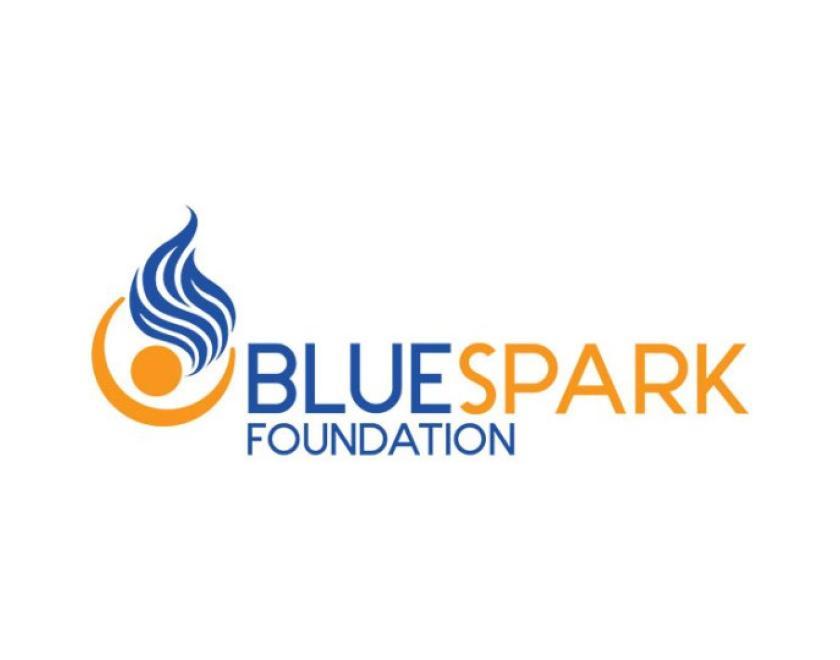
Funding to Help Children and Young People Reach Their Full Potential
Schools, community groups, clubs, societies and other not-for-profit organisations based and working in England can apply now for grants of up to £5,000 for projects that help to improve the education and development of children and young people (between the ages of six and 22 years) in England.
The funding (most grants are for less than £2,000) is for the cost of specific, relatively small-scale projects that might not happen at all or would only happen on a lesser scale without the support of the funder.
Projects can be educational, cultural, sporting or other activities but particular consideration will be given to those that help the self-confidence, team working skills and future employability of children and young people.
Projects could include but are not limited to:
- Academic education.
- Art and design.
- Community projects.
- Debating.
- Drama.
- Educational excursions.
- Enterprise projects.
- Music.
- Public speaking.
- Sport.
- Vocational training.
The grants can cover a range of costs including:
- Educational materials.
- Sports equipment.
- Musical instruments.
- IT equipment.
- Drama tuition.
- Music tuition.
- Art and design equipment.
- Educational training courses.
- Vocational training courses.
- Educational excursions.
- Competitions.
- Educational events.
- Seed funding for enterprise projects.
- Drama production costs.
The funding will not support projects for children or young people under the age of 5 or over the age of 22; life-skill mentoring services; counselling services; holiday clubs or playgroups; construction, maintenance or repair of buildings or facilities; training adults who work with children or young people; student fees or maintenance; running costs or general activities of an organisation.
Applications are currently being accepted for work in early spring 2026.
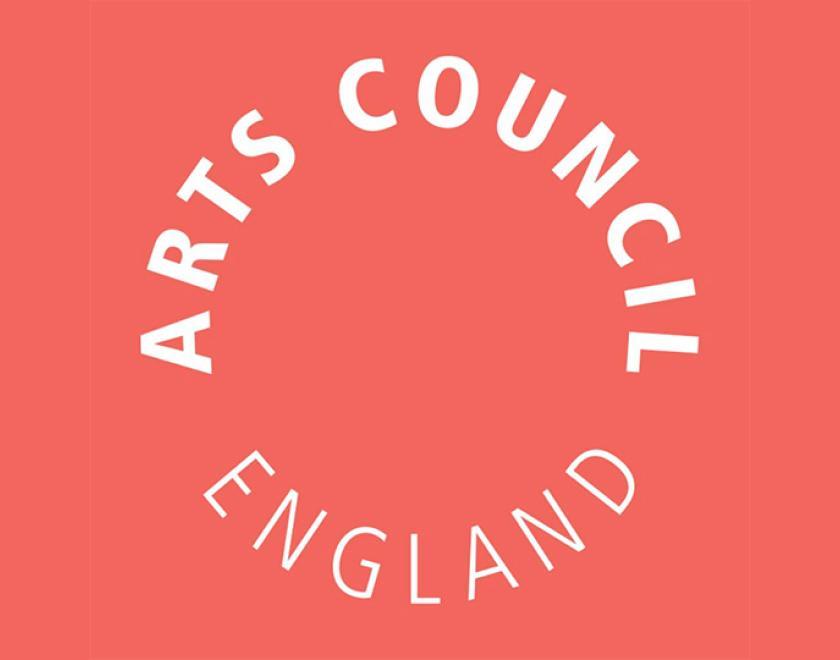
Arts Council England Launches Research and Development Support for Individuals
Arts Council England has announced a time-limited priority under its National Lottery Project Grants (NLPG) programme to support creative and cultural practitioners undertaking research and development activity. The measure has been introduced while the Developing Your Creative Practice (DYCP) fund is paused until April 2026.
A total of £7.5 million from the DYCP budget has been allocated to the £30,000 and under strand of NLPG. The investment aims to help individuals explore new ideas or ways of working, supporting personal creative development and contributing to the wider cultural sector. Applicants can request between £1,000 and £30,000, with most awards expected to be up to £12,000.
The programme is open to individuals based in England or elsewhere in the UK who are at least 18 years old and working in disciplines including music, theatre, dance, visual arts, literature, libraries, combined arts and museums practice. Small collaborative groups may also apply, with one member acting as the lead applicant.
All applications must focus solely on research and development. Projects can involve a range of activities such as residencies, mentoring, professional development, partnership building or exploring cross-sector collaborations.
The deadline for applications is 26 February 2026.
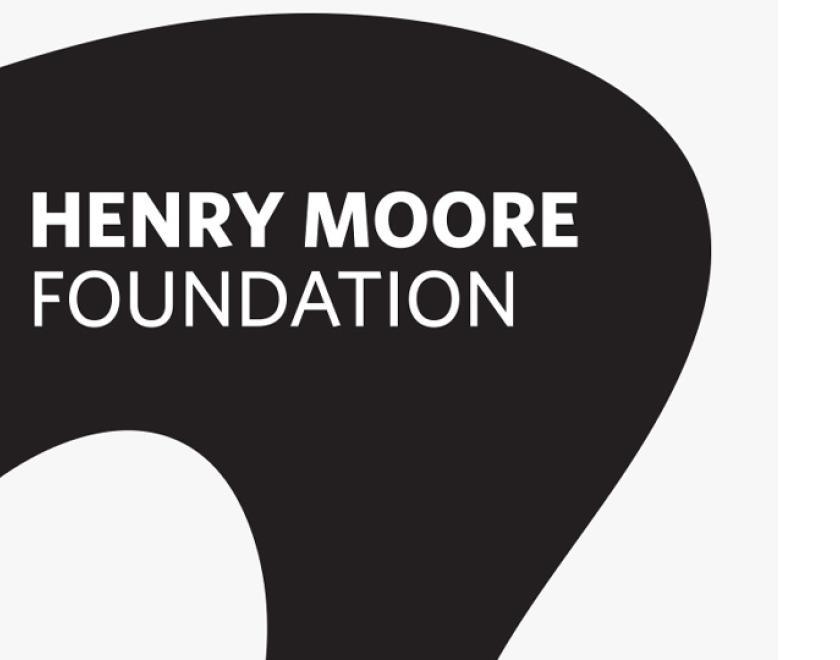
Henry Moore Foundation
Grants are available for not-for-profit organisations for projects and activities that promote the growth and development of sculpture across historical, modern, and contemporary registers, and research that expands the appreciation of sculpture.
The Henry Moore Foundation offers funding in the following categories:
- New projects and commissions: Grants of up to £20,000 to encourage new thinking about sculpture or sculpture history or contribute to public awareness and appreciation of sculpture.
- Acquisitions and collections: Grants of up to £20,000 for museums and galleries to acquire or conserve sculpture for their collections, cataloguing, and display costs.
- Research and development:
- Long-term grants of up to £20,000 for projects that require funding for more than one year, such as a permanent collection catalogue.
- Small research grants of up to £2,500 for academics, curators, and independent scholars for research costs on the history and interpretation of sculpture.
- Conferences, lectures, and publications: Grants of up to £5000 to publish a new book or journal, or to stage a conference or other event related to sculpture.
There are typically four deadlines per year. This funding round is for projects starting, or opening to the public, no sooner than 1 January 2026.
There are typically four deadlines per year:
- 1 February to 1 March (23:00).
- 1 May to 1 June (23:00).
- 1 August to 1 September (23:00).
- 1 November to 1 December (23:00).
-
Find out more and apply
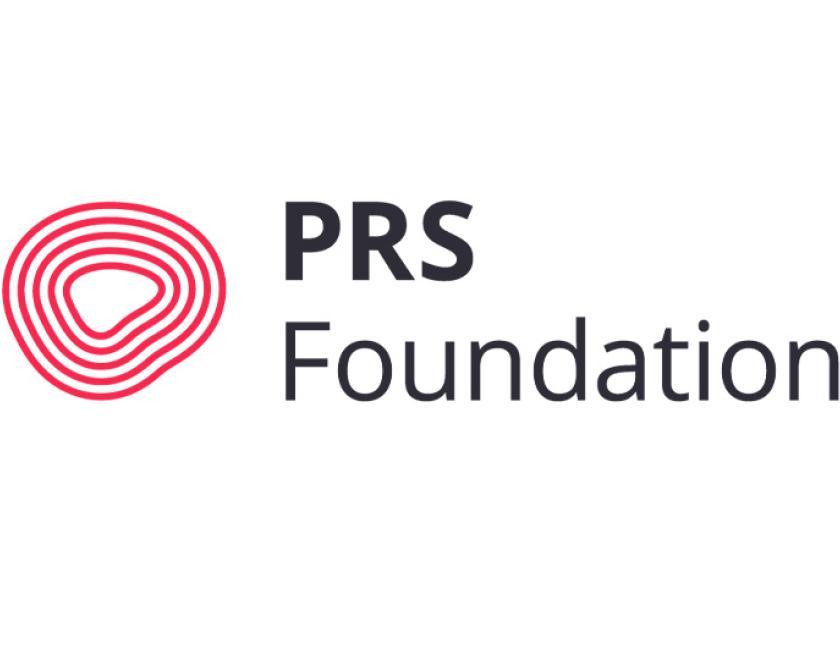
PRS Foundation Opens Applications for Power Up Participant Programme
PRS Foundation is inviting applications to its Power Up Participant Programme, which provides targeted support for Black music creators and industry professionals across the UK. The programme is designed to address barriers affecting progression in the music sector and to build a long‑term nationwide network of participants.
Each year, the programme supports 20 Black music creators and 20 Black executives or industry professionals working in any genre or sector. Participants may be artists, songwriters, composers, producers, employees, entrepreneurs, freelancers or self‑employed practitioners. The support package includes grant funding of up to £10,000, capacity‑building activity, mentoring, partner access and marketing support.
Eligible applicants must have experienced barriers linked to being a Black music creator or industry professional and be at a point in their career where additional support could have a significant impact. The programme aims to help participants progress professionally, strengthen representation across the music industry and contribute to a wider network committed to long‑term change. Previous cohorts remain active members of the network, which has supported 160 participants to date.
Grant funding may be used for creative or professional development, project work or other activities that advance the participant’s career. Additional benefits include access to partners, mentoring from professionals and marketing or promotional support through PRS Foundation and Power Up partners.
The deadline for applications is 9 March 2026 (18:00).
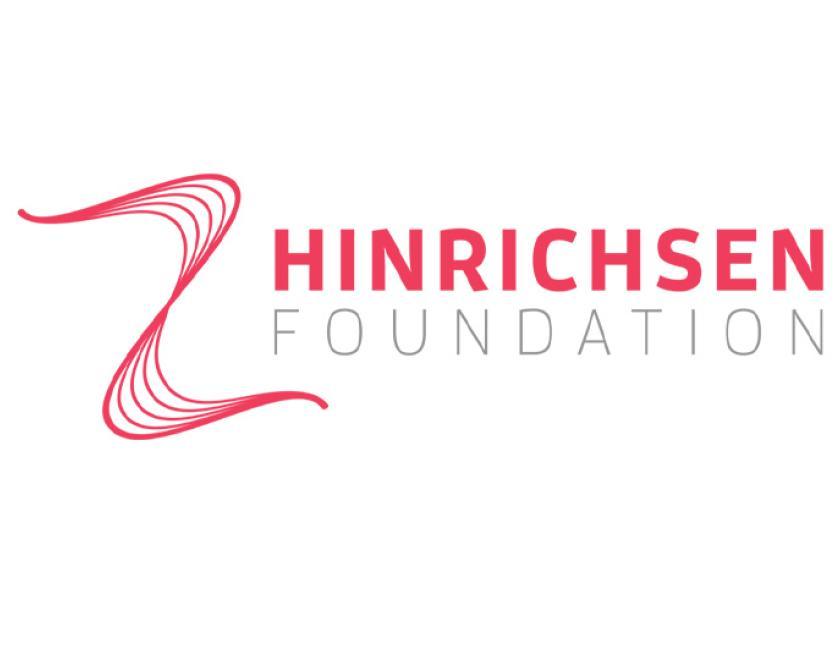
Hinrichsen Foundation Accepting Applications for First 2026 Funding Round
Grants of between £500 and £3,000 are available for charities and organisations across the UK to deliver music projects that focus on the performance, commissioning, or recording of contemporary music.
The Hinrichsen Foundation will support projects and activities that:
- Align with The Hinrichsen Foundation's values and objectives for contemporary and experimental music.
- Express a clear programme of activity and project timeline, parameters, and outputs
- Deliver high-quality projects for diverse audiences, prioritising the cultivation of less familiar and experimental music appreciation.
- Embrace artistic risks and diversity.
- Encourage thoughtful collaboration among composers, musicians, and project leads.
- Ensure fair payment for composers and musicians, particularly in larger organisations.
- Demonstrate the financial need and feasibility of the proposed project.
Applications that take artistic risks, promote diversity, consider sustainability, or are artist-led are encouraged.
The Foundation rarely supports projects where they are the sole funder. Applicants are expected to indicate another source of income, either secured or projected.
The deadline for applications is 13 March 2026.

BFI Invites Organisations to Deliver Creative Project Development Programmes
The British Film Institute is inviting applications to the National Lottery Creative Challenge Fund, which provides financial support to UK organisations delivering creative or talent development activity.
Through Challenge One, BFI is seeking organisations to design and run development programmes for UK creatives with narrative, documentary or animation feature film projects, as well as those working on narrative immersive media projects. These programmes are expected to offer structured development environments that help participants advance their projects and position them for future marketplace funding.
Applicants can request between £12,000 and £150,000 for a single edition. Eligible organisations include production companies, film festivals, local authorities, statutory bodies, community interest companies, registered charities and other groups with relevant experience. For‑profit entities may apply if the supported activity is delivered on a not‑for‑profit basis.
Funding may be used for staff and freelance fees, participant payments, venue and equipment hire, travel and accommodation, mentoring, access requirements, creative practice sessions and reasonable overheads not already covered by public funding.
The first Challenge One deadline for applications is 16 March 2026 (12:00), to support programme activity taking place between 9 July and 31 December 2026.
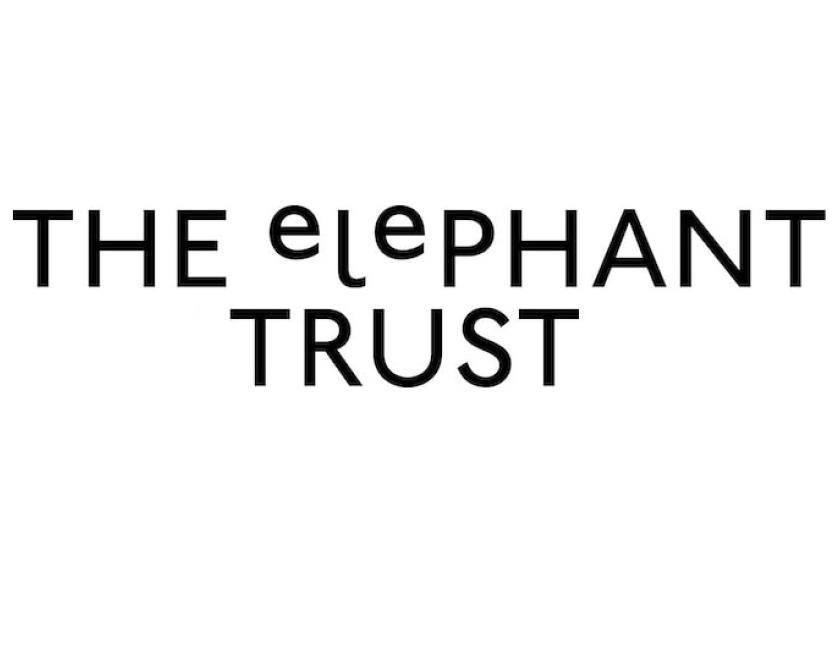
Funding for UK Visual Artists and Small Arts Organisations
Grants for artists, small organisations and galleries within the UK to make it possible for artists and those presenting their work to undertake and complete projects when frustrated by lack of funds.
The fund is committed to helping artists and art institutions and galleries that depart from the routine and signal new, distinct and imaginative sets of possibilities.
Priority is given to artists in the fine arts and small organisations and galleries within the UK.
The Trustees’ main objective is to support new work within the UK.
Grants are usually between £2,000 and £5,000.
Arts festivals, group exhibitions, charities organising community events, theatres, symposia, conferences and projects with a total budget exceeding £30,000 will not be supported.
There are normally four rounds each year.
The next round opens on 12 March 2026, with a deadline of 12 April 2026.
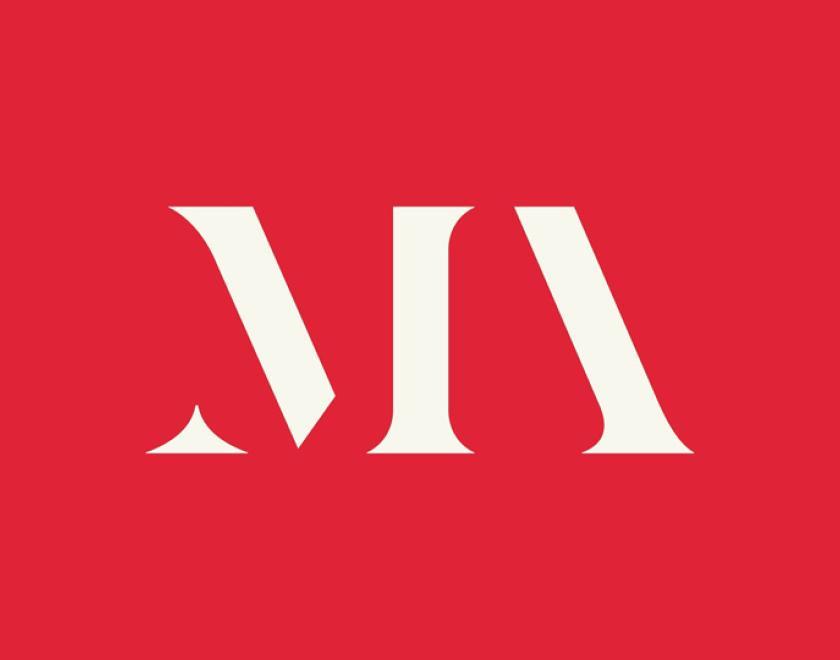
Health and Wellbeing in Museums Fund Accepting Applications for First 2026 Funding Round
The Museums Association, in partnership with the Julia Rausing Trust, is offering grants of between £50,000 and £75,000 for Museums across the UK to support the development and continuation of health and wellbeing programmes.
Funding is for proven health and wellbeing programmes that have the potential to develop and embed excellent practice at the applicant’s museum, and/or are at risk. Applicants should have a proven track record of health and wellbeing work, a strategic commitment to health and wellbeing at their museum, and a clear idea of how they would like to develop their work.
In this round, priority will be given to applications from museums in Northern Ireland, Scotland, and Wales
There will be a multi-stage application process. Groups will first need to complete a short online eligibility quiz. Eligible applicants will then book a conversation with the Museums Association to discuss their ideas further. Successful applicants will then be invited to complete a full application.
The deadline for applications is 20 May 2026.
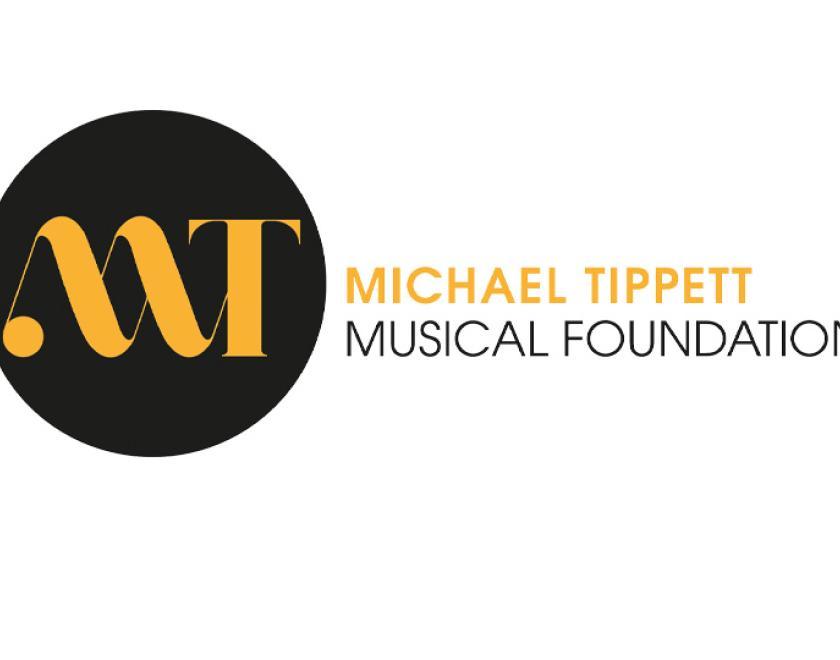
Michael Tippett Musical Foundation Accepting Applications for 2026
The Michael Tippett Musical Foundation is offering grants of between £500 and £3,000 for groups across the UK to support the development of group music-making, especially involving young people, with composing central to the project.
In 2023, the Trustees decided to include within the Foundation’s activities the funding of performances and recording of music by Michael Tippett. As of 2026, the Foundation will no longer accept open applications for such projects. Instead, the Trustees welcome applications for grants towards projects that support group music-making, especially those that involve young people in the process of composing and the development of creative ideas.
The Foundation will still occasionally but will still consider funding large-scale performances and recordings of music by Michael Tippett.
Successful projects should commence from January 2027.
The deadline for applications is 30 September 2026 (midnight).

PRS Foundation Early Career Promoter Fund
PRS Foundation – the award-winning charitable funder of new music and talent development – announces today a new initiative targeted to early career music promoters in England and supported by Arts Council England and the Department for Culture, Media and Sport (DCMS).
The new and ambitious Early Career Promoter Fund recognises the vital role independent promoters play in supporting the talent pipeline across England and within the nighttime economy, and offers grant funding and capacity building support, with the aim of bolstering the grassroots music ecosystems.
Grants of up to £3,500 will be available to support a range of activity, including:
- The booking, programming and promotion of gigs, concerts, club nights, showcases, tours and other performances
- Costs associated with those activities (including venue hire, production, artist and/or DJ fees, crew fees, administration and other related costs)
- Capacity building (including mentoring, coaching, shadowing, workshops, masterclasses, and other skill building and networking opportunities)
- Other expenditure which helps grantees to programme a diverse range of artists, develop new audiences and build their skills
Rolling monthly deadlines will be listed on PRS Foundation’s website. All funding decisions will be delivered within 6-8 weeks of each deadline, and selected grantees will be invited to attend cohort induction meetings and a series of workshops delivered by PRS Foundation and associates.

Architectural Heritage Fund (AHF) - Project Development Grants for England
Grants of up to £20,000 are available to help not-for-profit organisations cover some of the costs of developing and co-ordinating their historic building project and taking it towards the start of work on site.
To qualify, organisations must have established that the end use of the project is likely to be viable and have decided to take the project forward. At the end of the funded work, organisations should be at or closer to securing capital funding to enable the delivery of their project.
The one-year grants typically will support appointing professional advisors to work with the organisation to advance the plans. This can include architects, surveyors, and engineers to develop the designs and plans for the historic building; additional support to build the capacity of the organisation by employing or contracting a project manager; and support with refining the business plan, building community engagement and preparing funding bids.
Although 100% of the cost of the work involved can be funded, there is a preference for some match funding as the overall package of work required may be more than the grant can cover.
Applications will be accepted from the following not-for-private profit organisations and lowest tiers of local government:
- Unincorporated charities
- Charitable incorporated organisations (CIOs).
- Charitable companies limited by guarantee.
- Community benefit societies.
- Not-for-private-profit companies limited by guarantee.
- Community interest companies (CICs) limited by guarantee.
- Co-operatives
- Parish and town councils.
If applicants do not already own the building, they will need to provide evidence that they have a formal agreement to acquire it.
There is a two-step application process. The first step is to submit a short online Expression of Interest. Those who are successful will be invited to submit a full application.
Expressions of Interest can be submitted at any time.
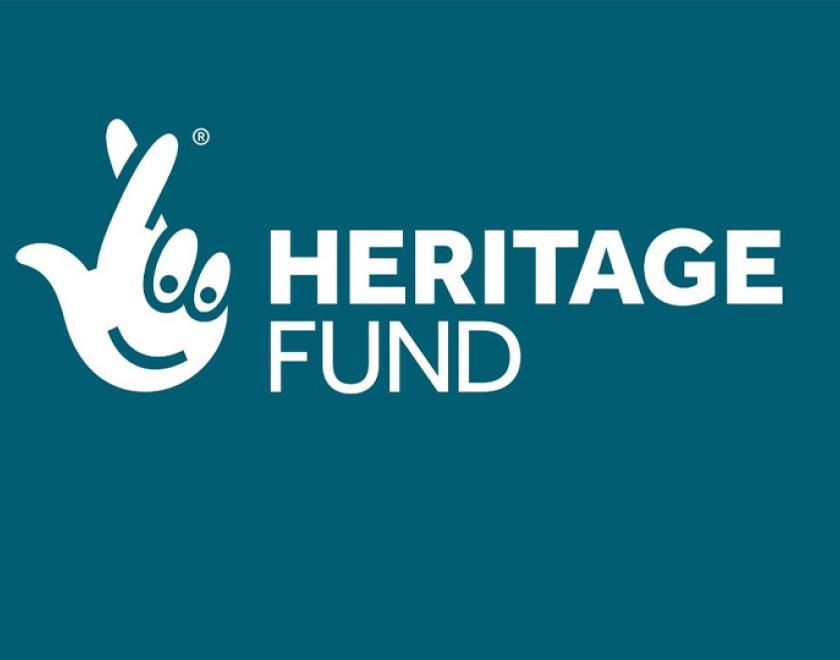
New National Lottery Heritage Grants Accepting Applications from Across the UK
National Lottery Heritage Grants form part of the National Lottery Heritage Fund's new 10-year strategy, Heritage 2033, that aims to invest £3.6 billion across the UK with grants ranging from £10,000 up to £10 million.
The strategy is centred around a simplified framework of four investment principles:
- Saving heritage.
- Protecting the environment.
- Inclusion, access and participation.
- Organisational sustainability.
Grants are available to support projects of up to five years that care for and sustain heritage in the UK. This could include nature and habitats, historic buildings and environments, or cultures, traditions and people’s memories.
The programme funds projects that:
- Clearly focus on heritage – this can be national, regional or local heritage of the UK.
- Take into account all four investment principles.
- Have a clear plan with a defined start, middle and end.
- Have not already started.
- Can demonstrate the need for National Lottery investment.
Two levels of funding are available:
- Grants from £10,000 to £250,000 for projects of no more than five years in duration.
- Grants from £250,000 to £10 million for projects of no more than five years in duration (excluding the development phase).
Applications from:
- £10,000 to £100,000 will be accepted from not-for-profit organisations, private owners of heritage and partnerships.
- £100,000 to £10 million will be accepted from not-for-profit organisations and partnerships led by not-for-profit organisations.
Applications for more than £250,000 require an Expression of Interest which can be submitted at any time. If successful, applicants will then need to submit a development phase application. These have quarterly application deadlines.
Applications for grants of between £10,000 and £250,000 are open all year round with decisions in about two months.
Commenting, the National Lottery Heritage Fund’s Chief Executive, Eilish McGuinness said:
“Thanks to National Lottery players, we’re able to invest £870 million across our first three-year delivery plan in projects of all sizes that connect people and communities to the UK’s heritage.
“We see heritage as broad and inclusive. If there’s something from the past that you care for and want to pass it on to future generations, we want to hear from you.”
Applications are currently being accepted for all levels of funding.

Unlocking Collections: a time-limited grant theme for museums
Arts Council England’s time-limited theme is aimed at enabling museums to develop their collections-based work and increase public engagement with, and the use of, their collections. ACE is looking for work which:
- Reinterprets collections to reach a wider audience
- Uses digital tools and mechanisms within museums, and to link across the sector
- Collections review improving standards of collections storage and display
The application process varies depending on grant size, for under £30,000, £30,001 -£100,000 and over £100,001.

Music Venue Trust - Pipeline Investment Fund
The Pipeline Investment Fund (PIF) is a new grant-giving fund established by Music Venue Trust with the support of venue members of the Music Venues Alliance. PIF is now open for small-scale grant applications (up to £5,000) from UK-based grassroots music venues to support two areas of work - small-scale capital applications and staff & training.
The fund will prioritise support for organisations who may be excluded from other available funding and they ask venues to approach the fund appropriately and economically, for something that will make a real difference to your organisation and venue.

Heritage Crafts Association (HCA) Maker Relief Fund Supports UK Craftspeople in Need
The Maker Relief Fund is offering grants to UK-based professional craftspeople facing financial hardship.
Grants of £1,000 will be awarded to 50 eligible applicants over the course of a year, starting in November 2024 and running through to the end of October 2025.
These grants are intended to provide flexible financial support, allowing recipients to use the funds without restrictions.
Practising professional craftspeople are eligible to apply if they identify with one or more of the following groups:
- Individuals on low incomes.
- Working-class people.
- Black and ethnically diverse people (including Gypsy, Roma, and Travellers).
- People with disabilities, neurodiversity or those managing chronic physical or mental health issues.
- LGBTQIA+ individuals.
- People with caring responsibilities.
The initiative aims to support these people in sustaining their careers during times of financial difficulty.
Applications can be submitted at any time until the end of October 2025.

Developing your Creative Practice
Developing your Creative Practice supports individuals who are cultural and creative practitioners and want to take time to focus on their creative development. Individuals can apply for £2,000 to £10,000 to focus on their cultural and creative development - this could be a period of research, time to create new work, travel, training, developing future ideas, networking or mentoring - and reach the next stage in their practice.
Applications are now closed. Future rounds will be announced early 2025
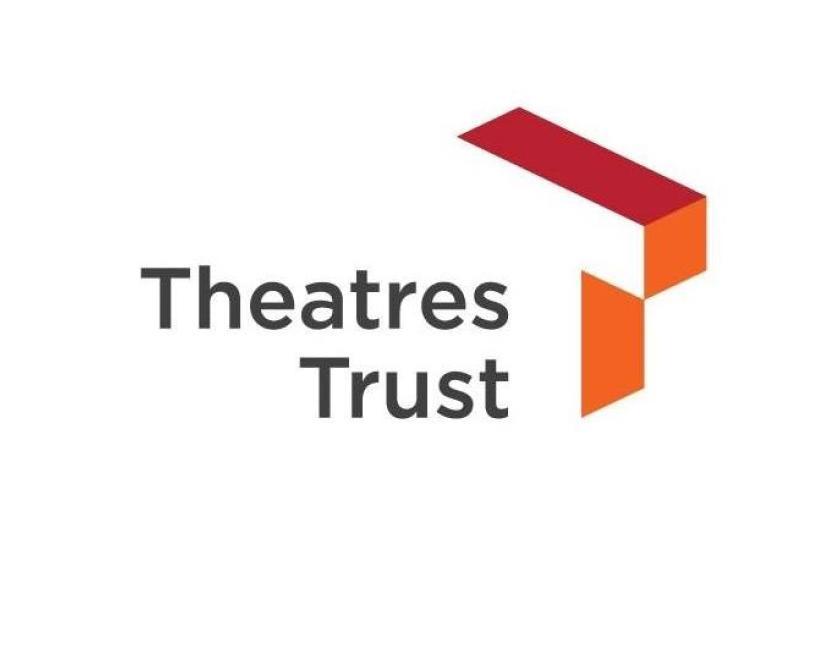
Theatres Trust Small Grants Scheme
The national advisory public body for theatres in the UK offers small grants of up to £7,500 for essential works to not-for-profit theatres in the UK that will enable them to be viable and thrive in the future.
The grants will support small capital improvements to theatres run by charities and not-for-profit groups that will make a big impact to a theatre's resilience, sustainability or accessibility, or to improving the diversity of audiences.
Eligible projects include:
- Improvements and repairs to the building fabric.
- The installation of key plant and machinery.
- The purchase of key equipment (not software) to improve digital infrastructure.
Priority will be given to improvements to buildings that protect theatre use and remove barriers to participation and attendance.
To be eligible, applicants must:
- Own or manage theatres with titles or signed leases of more than five years on buildings in England, Scotland, Wales or Northern Ireland.
- Run a regular theatre programme of professional, community and/or amateur work presenting no less than 30 performances a year.
- Have a bona fide UK charitable or not-for-profit legal structure and be able to provide certified or audited accounts for at least two years.
The funding cannot be used for revenue and survey costs.
Eligible projects include:
- Improvements and repairs to building fabric.
- Purchase of key plant and machinery.
- Purchase of capital items that improve physical access and the audience/participant experience.
- Purchase of equipment to improve digital access.
Priority is given to projects where the total project costs are less than £250,000 or where the grant is the sole external funder and/or achievable within the total fund awarded.
The next round will have a June deadline and will reopen shortly.

Funding for Music and Heritage Projects Across the UK
Radcliffe Trust is offering grants averaging between £2,500 and £7,500 for charities, not-for-profit groups, and exempt organisations across the UK to support projects in the areas of music or heritage and crafts.
For music projects, the Trust will consider projects in the following categories:
- Composition and contemporary music - in the case of commission applications the lead composer must be named.
- Bursaries for courses and summer schools; limited to UK-based students.
- Music therapy and special needs.
- Academic research.
- Youth orchestras.
- Performance projects.
- Educational projects - excluding applications from individual mainstream primary and secondary schools.
- Miscellaneous.
For heritage and crafts projects, the Trust will support the development of the skills, knowledge and experience that underpin the UK’s traditional cultural heritage and crafts sectors. This includes support for:
- Emerging craftspeople.
- Craft and conservation projects and training.
- Projects demonstrating creative outcomes by designer-makers.
- Projects with potential for capacity building within the sector.
- Special needs projects focusing on the therapeutic benefits of skills development.
Other areas of cultural creativity related to heritage and crafts may also be considered, including theatre, performance, and literature, especially where projects can be shown to promote and develop high-level skills among early career practitioners and disadvantaged groups.
There are two deadlines per year for both the Music and Heritage and Crafts schemes:
- 31 July (for consideration in December)
- 31 January (for consideration in June)
Groups can apply for Music and Heritage & Crafts grants in the same funding round.
